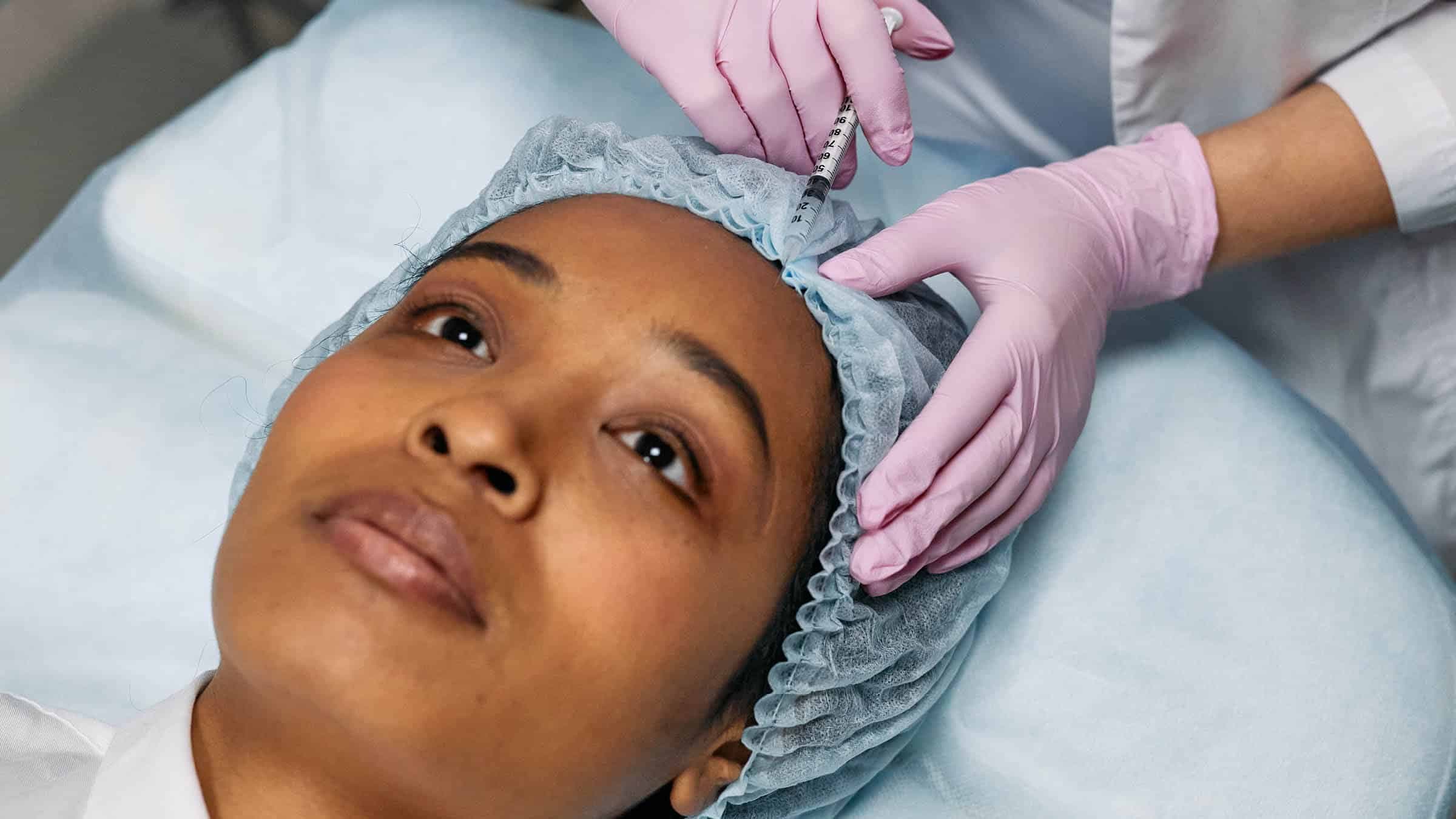“They’ve lost the plot”: young people are viewing botox and fillers as “status symbols,” says leading cosmetic surgeon

Whether it’s jewellery, designer clothing or flashy cars, the modern human has always been obsessed with materialism, often in the hopes of improving our social status. Now, it seems all those things are out the window, and cosmetic surgery is taking their place. According to a leading cosmetic doctor, young people view “tweakments,” such as botox and fillers, as “status symbols.”
The “king of botox,” Dr Michael Prager, told The Guardian that a “visibly enhanced” look had grown increasingly popular with clients under 30. Meanwhile, older patients preferred a more subtle approach to anti-ageing solutions.
Prager stated that younger people are “being overly injected and proud of it,” adding that “they’ve lost the plot.”
“Generally, anybody under 30 has basically lost the plot. They haven’t spent enough time in the playground and they grew up with thumbs in a crooked position in front of a screen and now that’s their life,” said the clinician.
The popularity of cosmetic surgery has risen massively in recent years, with Save Face – a campaigning group and national register of accredited practitioners offering non-surgical cosmetic treatments – estimating that around 900,000 botox injections are carried out in the UK each year. And, In turn, there has been an increase in complaints over botched surgery.
Recently, the government introduced new licence requirements making it illegal for “tweakments” to be administered without a licence – and banned botox for those under 18. According to the Department of Health in 2020, it was estimated that as many as 41,000 Botox procedures were carried out on those under 18.
Last year, MPs even went as far as to recommend a psychological pre-screening for recipients of botox and filler, warning that the “complete absence” in the regulation of non-surgical beauty treatments is dangerous and must end.
The All-Party Parliamentary Group (APPG) on Beauty, Aesthetics and Wellbeing said that although demand for treatments has “exploded,” there has been a distinct lack of regulation by the government, leaving patients in the way of serious risk.
“There is a complete lack of a legal framework of standards around these treatments, which has left consumers at risk and undermined the industry’s ability to develop”, adding that existing regulation is “fragmented, obscure and out of date.”

